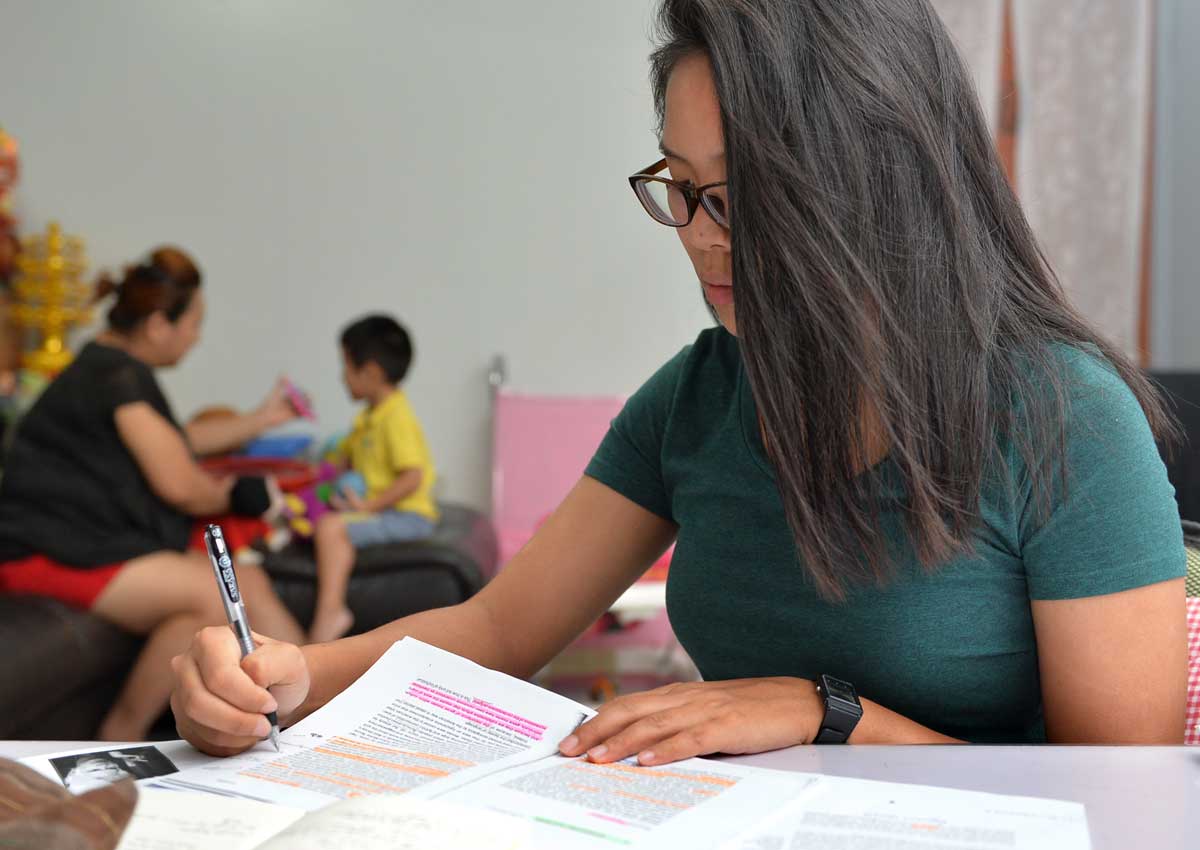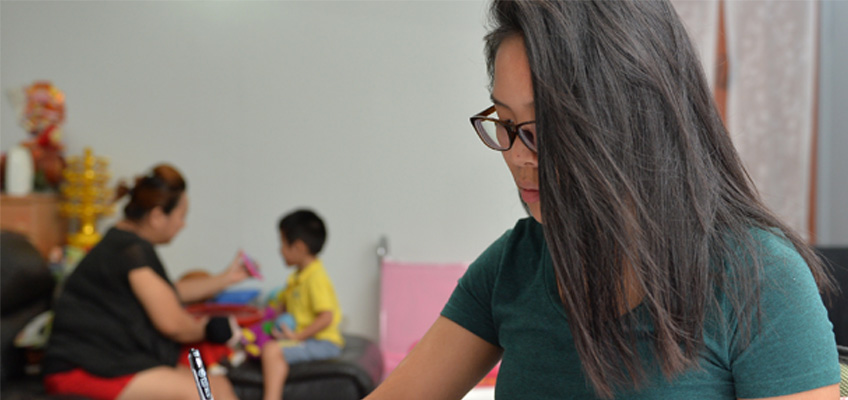She was 19 when she learnt that she was five months pregnant.
It was too late for an abortion.
And her 20-year-old boyfriend decided he wasn’t going to stick around.
“I was doing a polytechnic internship at the time and always wore baggy clothes to hide my stomach,” Jasmine (not her real name) tells The New Paper on Sunday.
“I kept my pregnancy a secret from my closest friends and totally stayed off social media. I didn’t want anyone to judge, or think differently of me.”
She told her friends only after giving birth.
“They were all shocked,” she says.
“Most of them were concerned and wondered why I never told them earlier. I don’t know if anything was said behind my back about me having the baby.” That fear of being judged never left Jasmine.
Now 24 and in the first year of tertiary education, she says she has had to grow up quickly.
“Your life changes completely when you have a baby. There is no such thing as personal time,” says Jasmine.
“Once you become a mum, your child is priority. Going out with friends or going on holidays are out of the question.”
LUCKY
She considers herself lucky because of the help she gets from her 59-year-old mother.
Jasmine’s mother, a factory manager, became the sole breadwinner of the family after she lost her husband in 2009.
She also looks after Jasmine’s 23-year-old brother.
“I am so glad my mother can help me out so much,” says Jasmine.
“But sometimes, I can’t help looking around and wishing that I could give my son a conventional family unit like everyone else.”
Dating, for now, is out.
“The people in my social circle at school are around my age,” she says.
“And while it is the most important thing for me that a man accepts my son, I can’t expect him to take on such a big responsibility at our age.”
Jasmine, who just started her three-year university degree course, says she was close to someone – until she told him about her son.
“His reaction was quite honest, and I appreciated it,” she says.
“He just told me, ‘I hope you don’t think I am ready to take responsibility for a child.'”
It hurts her that she can’t have the traditional family yet.
“It gets tiring being alone.
“I am okay with raising the child, and I am grateful for my mother’s help, but once in a while, I just wonder how different it would be if I could change the situation.
“I just wish my son could be like other kids and have a daddy.”
BY THE NUMBERS
Number of children born to teenagers aged 19 and below in 2014, with 105 of the children registered without a father’s name: 406
2010: 641
2011: 624
2012: 575
2013: 487
Source: Number of teenage births according to Registry of Births and Deaths by the Immigration and Checkpoints Authority
Social stigma stops single parents from seeking help
Current pro-traditional family policies here stigmatise single-parent families.
That’s according to a study published last year by Singapore Management University’s Lien Centre For Social Innovation.
In interviews with low-income, single-parent families, the study found that this culture of stigmatisation prevents many single parents from openly asking for help, either from friends and family or from assistance schemes.
But single parents do need help and in a myriad of ways.
The study found that a lack of adequate childcare makes jobhunting challenging. But without employment, childcare subsidies are largely unavailable.
Single parents also find it difficult to upgrade themselves because they have little time and money.
Even if they are able to balance employment and childcare, single parents find themselves in the unenviable position of trying to earn an income sufficient for a family, without the support of any other household members.
Other challenges faced by single parents include lack of easy access to information on available assistance, large amount of documentation required to apply for assistance and the time required for the application process.
On the housing front, the study found that single parents rely on family for informal living arrangements.
This is because of a lack of alternatives, ease of travel to workplace and children’s schools as well as grandparents who can provide caregiving support to children.
The comfort of a familiar environment for children also plays a part.
Traditional versus non-traditional
The model of a traditional family consists of children with parents who are married to each other as their immediate line of support.
Married parents of Singaporean children generally get more perks than those of unwed mothers and other different family make-ups.
Married parents of Singaporean children get:
- Baby Bonus of $6,000 cash each for first and second child, and $8,000 each for third and fourth child
- Parenthood Tax Rebate of $5,000 for first child, $10,000 for the second and $20,000 for the third and each subsequent child
- 16 weeks of paid maternity leave
- 1 week of paid paternity leave
- Six days of paid childcare leave a year if the child is below seven years old or two days if the child is aged seven to 12
- Subsidies for infant care and childcare
- Levy concession for foreign domestic worker
- Medisave grant for newborns
- MediShield coverage for congenital and neonatal conditions
Unwed mums get:
- Two days of paid childcare leave if the child is below seven years old
- Subsidies for infant care and childcare
- Levy concession for foreign domestic worker
- Medisave grant for newborns
- MediShield coverage for congenital and neonatal conditions
Unwed mums do not get:
- Baby Bonus
- Parenthood Tax Rebate
See also: Unwed mothers to receive 16-week maternity leave from next year

This article was first published on April 17, 2016.
Get The New Paper for more stories.







